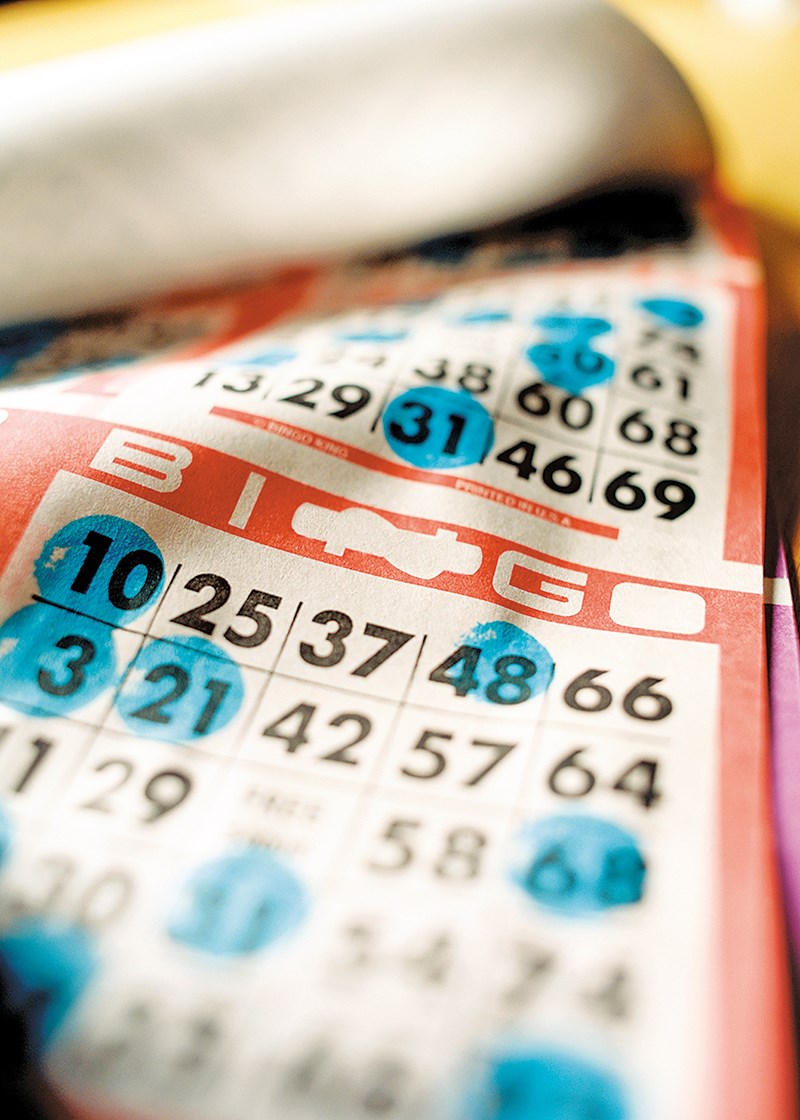George Mathewson
After being thrown overboard during Ontario’s rush to slot machine riches, the operators of bingo halls that are still afloat have finally been tossed a lifeline.
Sarnia once had 11 bingo halls and vied with Windsor for the title of Bingo Capital of Ontario. Today, we have one lone survivor, Bingo Country, which despite a dwindling client base continues to pump critical dollars into 100 local charities and non-profit organizations.
Last week, city council gave its thumbs-up to the concept of eBingo, paving the way for an agreement with the Ontario Lottery and Gaming Corporation.
The deal will allow Bingo Country to join a province-wide initiative that’s dragging the game into the 21st century and has already spread to 27 municipalities. The result will be a revamped funding structure and a newly refurbished bingo hall in Sarnia unlike anything seen here before.
eBingo is an electronic version of the game played on a touch screen. With the new technology installed at Bingo Country, patrons will be able to access the e-version, or they can continue to play the traditional dauber-and-card game.
Also coming are devices that offer customers electronic break-open ticket games and other play-on-demand games that can be accessed between or during bingo sessions.
All this innovation, combined with a completely overhauled venue, should stem the loss of existing players and attract a whole new crowd, predicts Shirley Pettit, president of the Sarnia Charities Association, which at a Dec. 1 meeting unanimously backed eBingo.
Without change, she said, “Our product has no future.”
Under the plan, Bingo Country will be responsible for day-to-day operations, staffing, capital improvements and local promotions.
Charities will no longer have to pay licence fees, and will have less administrative reporting responsibilities.
As for the city, it will issue bingo permits every six months and receive money from OLG to enforce lottery licence regulations.
After bingo winners are paid, net revenue will be split according to a deal worked out with Ontario’s commercial and charity gaming commissions.
The charities get 25%, OLG gets 25% to recover the cost of the technology and other expenses, and the hall operator gets 47%.
The remaining 3% goes to the city in quarterly installments, replacing the $112.50 per bingo event in licence fees it now receives from charities.
Sarnia taxpayers will probably be losers in the new arrangement, at least in the short term, notes city clerk Nancy Wright-Laking in a staff report.
But assuming it works and people embrace eBingo, she adds, Sarnia will benefit from higher OLG revenue, by having strong and self-sufficient charities, and from the jobs and taxes paid by Bingo Country.
If all goes well, officials say, residents could have a new entertainment option as early as the end of this year.
